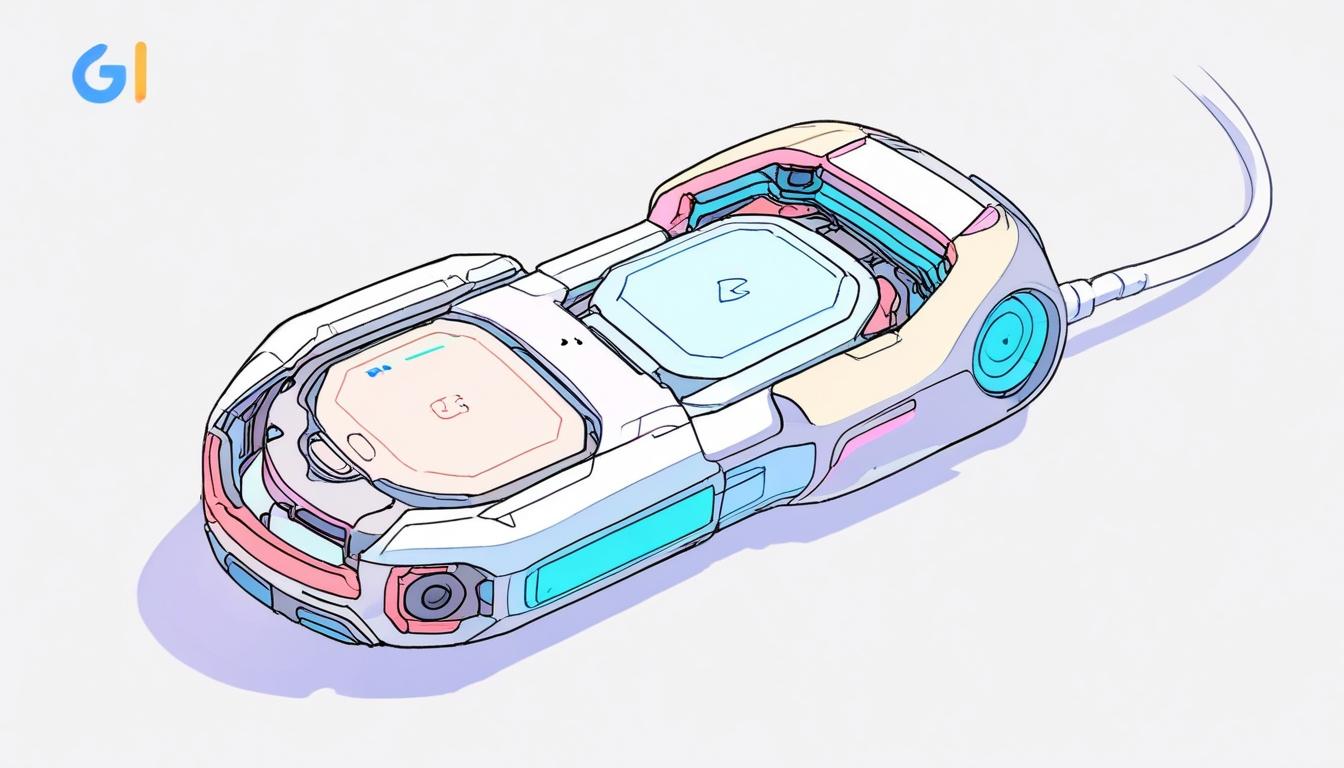In a significant development during the ongoing federal antitrust trial against Alphabet Inc.'s Google, Nick Turley, head of OpenAI's ChatGPT product, testified about the crucial role of search technology in advancing artificial intelligence capabilities. The trial, held in Washington federal court, focuses on allegations that Google has monopolized the search market, with a ruling expected by August on potential changes to Google's business practices.
Turley emphasised that OpenAI's ambitions extend beyond creating a mere chatbot. Instead, the company aims to develop a "super assistant" app designed to help users complete a wide array of tasks. He explained that the foundational large language models behind ChatGPT have inherent limitations, primarily due to their reliance on data that is not always up to date, and their tendency to hallucinate, or generate false answers when lacking accurate information. According to Turley, incorporating real-time search technology is essential to overcome these challenges, stating, "You can’t have a super assistant that doesn’t know the current facts or makes things up."
Launched publicly in November 2022, ChatGPT was initially an internal research project at OpenAI. However, it quickly became one of the most viral software products ever, sparking significant investment and consumer excitement in artificial intelligence. Since its release, OpenAI has enhanced its offerings by adding assistant-like functionalities such as web search, code writing, and complex research capabilities. The company has also developed a tool called "Operator," which can perform tasks such as booking restaurant reservations on behalf of users.
Turley made clear that OpenAI’s goal is not to replicate the typical search engine experience dominated by "10 blue links and ads" commonly associated with Google. This distinction highlights OpenAI's focus on creating an AI-driven assistant that delivers more interactive and task-oriented support.
During the trial, the Department of Justice called Turley to provide testimony that illustrates the competitive dynamics in the AI and search markets. The trial addresses the implications of Google's dominance and what remedies might be required to foster competition.
Adding further context to the case is the significant partnership between Microsoft Corp. and OpenAI. Microsoft has invested over $13 billion in OpenAI, integrating its generative AI technology into Microsoft products such as Bing’s search service, the Edge browser, and an AI Copilot feature within Windows. OpenAI benefits from Microsoft's Azure cloud infrastructure and access to Bing’s search data, underscoring the intertwined nature of AI development and search technology.
The trial continues as legal proceedings assess the impact of Google’s practices on innovation and competition within the technology sector. Judge Amit Mehta's forthcoming decision will ultimately shape the future business conduct of one of the world’s largest search providers and influence the evolving landscape of artificial intelligence.
Source: Noah Wire Services
